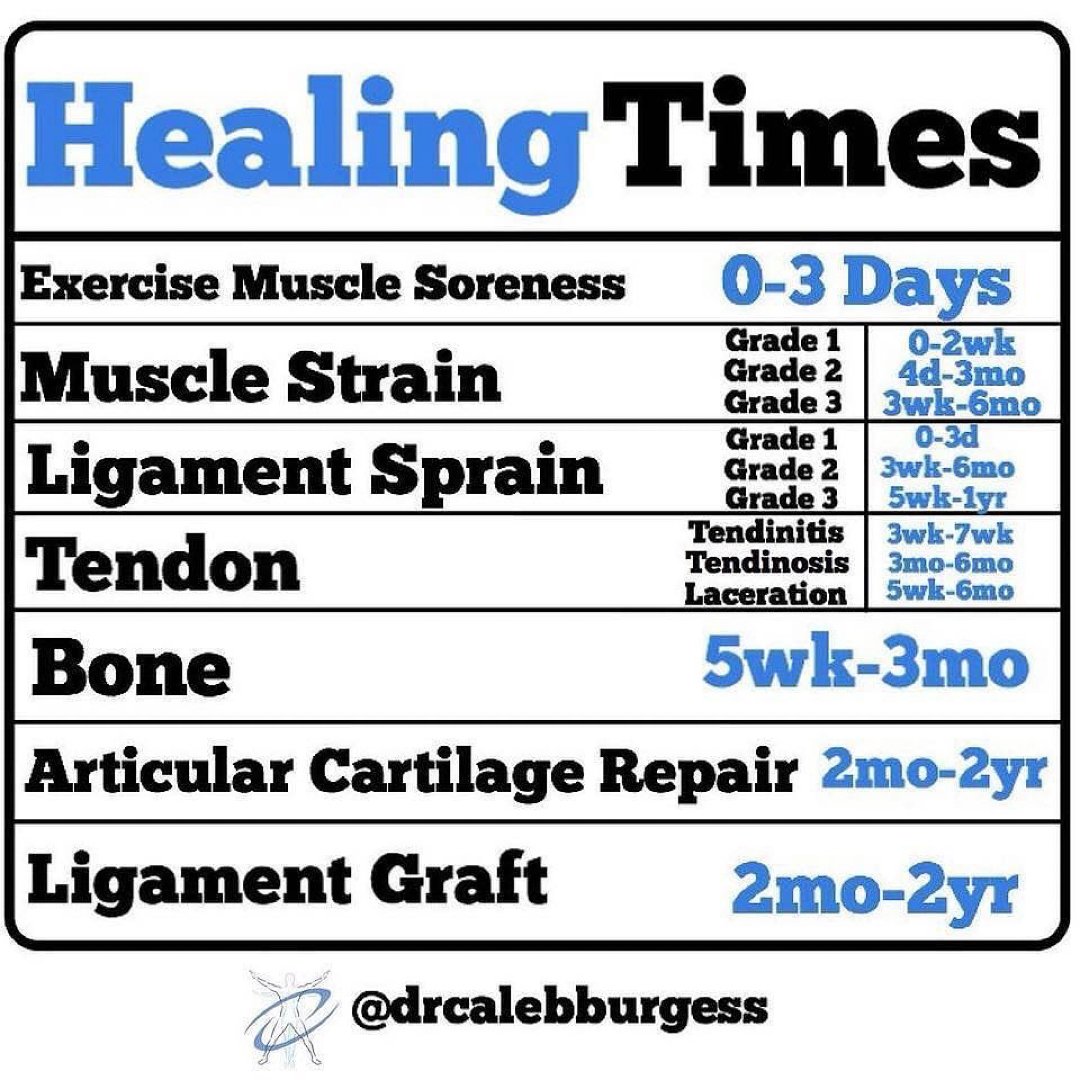Secret Sauces to Recovery
“What can I do so that I can play the next game?” Shaun asked as he looked from the scoreboard to his bandaged up wrist.
“I can’t let my team lose by 30 points again! Surely there’s some exercise, tool or technique that can help me!” He winced in pain as he moved his wrist.
Have you had a Shaun moment? I know I have!
We all want to get back on the field or court but what is the best way to recover?
The truth about recovery
Though there are some things that physios can do to help speed up the process of recovery and healing, it’s the things outside the clinic, when done correctly, that will provide the foundation for your recovery.
After suffering an injury, there needs to be both physical and mental recovery strategies put into place to provide the best environment for your body to recover.
From the Journal of Psychosomatic Research (a systematic review and meta-analysis), the aim of the review was to investigate the impact of stress on wound healing in humans. The result revealed a strong negative relationship whereby stress is associated with healing impairment.
Interestingly, in one of the studies reviewed, there were 13 women who were primary caregivers to their relatives with dementia, matched with 13 women of similar age and family income. All subjects undertook a 3.5mm punch biopsy wound with their healing journey photographed. The result was that it took on average 9.4 days longer for the women who were primary caregivers than their control counterparts.
RECOVERY SECRET SAUCE 1 - Sleep and Relaxation
Let me tell you about the power of sleep!
A Standford study of men’s basketball players who extended their sleep to 10 hours a night found that they:
Ran faster in both half-court and full-court sprints
Improved their free throws and three-point shots by 9%
Improved physical and mental well-being (Mah et al, 2011)
Varsity tennis players improved their serving accuracy from 36% to nearly 42% by increasing their sleep to at least 9 hours. (Schwartz et al, 2015)
Swimmers who extended their sleep to 10 hours improved their 15m sprints and diving reaction times. (Vitale et al, 2019)
Do you have strategies in place to help you relax before bed?
RECOVERY SECRET SAUCE 2 - Absolute rest is almost NEVER the best option
I define absolute rest as being bed-bound/couch-bound and watching Netflix all day.
When you become sedentary, not only do your muscles and joints get tighter and stiffer (which normally leads to an increase in pain) but they also get weaker! Your physio should still be in charge of ensuring you are still training and working other areas that are not affected by the injury.
Did you know that being sedentary also has effects on your mental state, metabolism and weight?
If you don’t know where to start, who to contact, or what to do, feel free to reach out and we can help guide you along the journey.
RECOVERY SECRET SAUCE 3 - Do NOT drink alcohol
In a lot of Western culture, alcohol is tied to social gatherings, celebrations and even depression and disappointments. In Australian sports culture, having a “few bevvies” after the game, is all the more prevalent. Combine that with the highs or lows of winning/losing a game and “a few cheeky bevvies” may extend to too many.
What many athletes may not take seriously is that their alcohol consumption is self inhibiting their soft tissue healing. In a study performed by Guo et al (2010), it showed that acute alcohol consumption can lead to impaired wound healing by impairing the early inflammatory response, inhibiting wound closure and collagen production.
Have realistic expectations with time
They say “time heals all wounds” but how long?
The below graphic indicates a rough framework of healing times based on their structure.
Conclusion
Now it might seem like common sense to get adequate sleep, use relaxation techniques, have the right nutrition, and go through the rehab process but let me assure you that it is harder than it seems. Any athlete that has gone through any major injury can definitively say they had additional stressors that had influenced their mental health, sleep and/or rehab.
If you’ve had a Shaun moment, don’t forget these necessary things that apply to ANY injury.
Your team, and more importantly your body, will thank you!
References
Guo, S., & Dipietro, L. A. (2010). Factors affecting wound healing. Journal of dental research, 89(3), 219–229. https://doi.org/10.1177/0022034509359125
Kiecolt-GlaserJK et al. (1995) Slowing of wound healing by psychological stress. https://www.sciencedirect.com/science/article/abs/pii/S0140673695928995
Walburn et al (2009) Psychological stress and wound healing in humans: A systematic review and meta-analysis
https://www.sciencedirect.com/science/article/abs/pii/S0022399909001317
https://www.sleepfoundation.org/physical-activity/athletic-performance-and-sleep
Mah, C. D., Mah, K. E., Kezirian, E. J., & Dement, W. C. (2011). The effects of sleep extension on the athletic performance of collegiate basketball players. Sleep, 34(7), 943–950. https://doi.org/10.5665/sleep.1132
Vitale, K. C., Owens, R., Hopkins, S. R., & Malhotra, A. (2019). Sleep Hygiene for Optimizing Recovery in Athletes: Review and Recommendations. International journal of sports medicine, 40(8), 535–543. https://doi.org/10.1055/a-0905-3103
Schwartz, J., & Simon, R. D., Jr (2015). Sleep extension improves serving accuracy: A study with college varsity tennis players. Physiology & behavior, 151, 541–544. https://doi.org/10.1016/j.physbeh.2015.08.035






